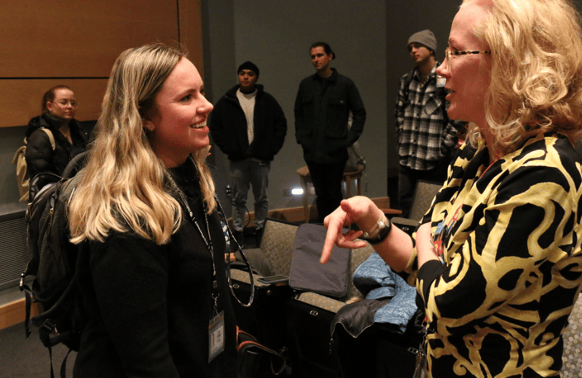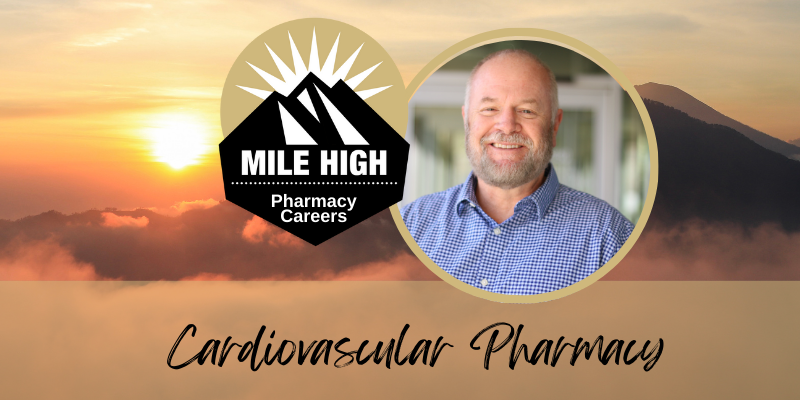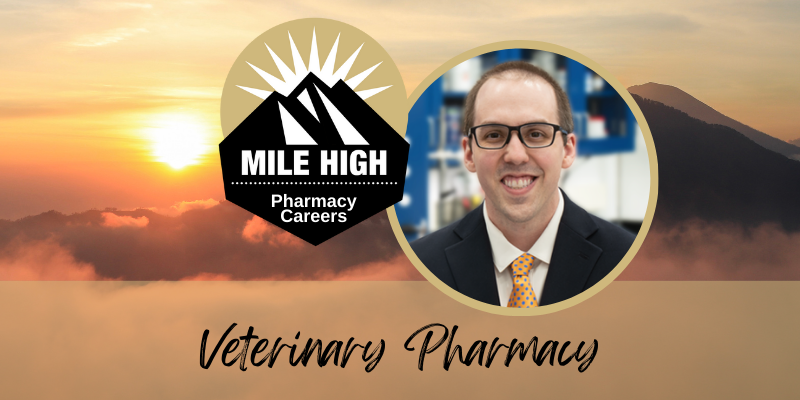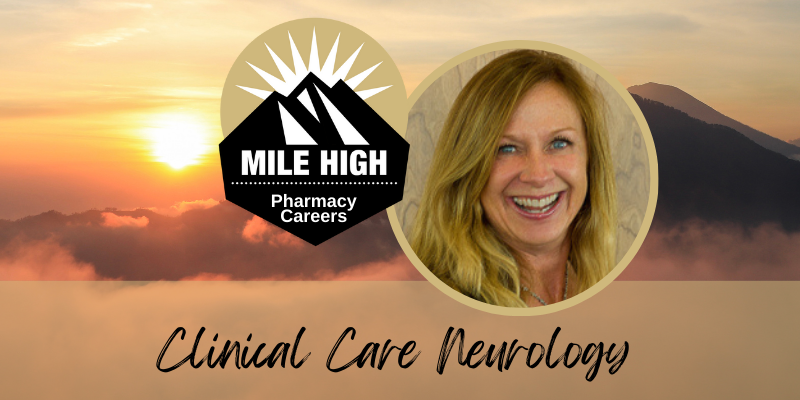The first Earth Day, celebrated on April 21, 1970, was the start of the modern-day environmental movement. Since that time, citizens around the globe have developed a heightened awareness of how human progress is impacting the health of the globe and therefore the health of the humans who inhabit the pale blue orb.
In many circles, you’re likely to hear the mantra, “Global health is human health.” So, it’s not surprising that healthcare professionals are recognizing the part they can play in mitigating the negative health outcomes associated with a warming climate, increased toxins, and, in some regions, limited clean air and water.
Chief of those healthcare professions being identified as frontline activists are pharmacists. A 2019 paper in the Journal of Global Health identified pharmacists as one of the most accessible healthcare providers and often the first health professional individuals seek for care. In developed countries the pharmacy profession continues to shift from product-centered to patient-centered services such as preventive screenings, immunizations, and disease state management, more attention has been given to the impact pharmacists can have in public health. The Centers for Disease Control and Prevention (CDC), Public Health England, and the World Health Organization (WHO) are encouraging community organizations and other healthcare professionals to partner with pharmacists for the effective planning of public health services.
Hayley Blackburn, PharmD, was a recent speaker at the CU School of Pharmacy Dean’s Leadership Convocation. Dr. Blackburn is an associate professor at the University of Montana Skaggs School of Pharmacy, as well as the co-founder of a global alliance for climate smart for pharmacy practice called Rx for Climate. Through her work, Blackburn co-leads global health initiatives and research efforts to help pharmacists and other health professionals develop climate-forward practices.
Although Blackburn had been concerned about climate issues for some time, the impact of a warming environment was galvanized in 2017 when her family’s home in rural Montana was almost destroyed by a devastating wildfire.
“The entire town was evacuated. My parent’s house was less than a quarter mile from the fire perimeter.” Blackburn recalled. “It’s easy to see climate change as something that happens to someone else, somewhere else or in the distant future, until it happens to you.”
.png?width=1902&height=799&name=Screenshot%20(33).png)
Photos from the wildfire surrounding Dr. Blackburn's family home. |
Fortunately, Blackburn’s childhood home was spared, but she says that everyone in the area was exposed to hazardous air that looked like ‘ash raining from the sky’ for an entire month. She worried about her mother who had a lung condition and her niece who suffered from asthma. As a trained pharmacist, she also thought of the respiratory and cardiovascular issues that would follow.
In 2018, Blackburn took a group of pharmacy students on a global health trip to Indonesia. They learned how access to medical care was tied to deforestation; how one of the largest tropical forests in the world was a huge source of carbon capture; and most importantly, how creative community-based solutions could bring about real improvements for human health.
.png?width=1920&height=1080&name=Screenshot%20(34).png)
Dr. Blackburn shared slides form her trip to Indonesia. |
Tina Brock, EdD, is a professor and Associate Dean of Education at the CU Skaggs School of Pharmacy and Pharmaceutical Sciences. Dr. Brock first met Blackburn through their mutual Rx for Climate advocacy. This semester, they built their partnership into an innovative elective called Human Health and Climate Change that involved pharmacy, nursing and medical students from Montana, Colorado, and Australia.
“We knew that health professions students were keenly interested in this topic and in line with our wider efforts to collaborate for healthier communities, we thought we could be greener together!” said Dr. Brock. “Seeing the similarities and differences in planetary health approaches across professions, states, and countries was part of the cultural diversity dialogue each week.”

Dr. Tina Brock talking with P1 Kiri Carmody from the Human Health and Climate Change elective. |
P3 Gabriela Castellano and P1 Liriam Campos Hevia said they wanted to take the elective because, “There are so many layers to health that are not obvious when we usually study drugs and diseases... like climate change and heat, vector ecosystems and the spread of infectious disease/resistance, unintended impacts of pharmaceuticals, prescribing practices, dosage forms, and how they can affect the environment.”
In addition to learning about the myriad of ways that healthcare providers can use their roles to bring about positive change, CU Pharmacy students were inspired to create a climate report card that assessed the degree to which planetary health and sustainability is embedded in the School of Pharmacy. Their report card will be combined with evaluations of healthcare campuses from around the globe to create the Planetary Health Report Card.
“This was the first time our School has submitted a report but we hope to continue to collaborate with the CU medical students and together, to grow sustainability efforts like this on our campus,” said P1 Diane Lee and P1 Kiri Carmody on behalf of the School’s PHRC submission team.
Founded in 2019, the Planetary Health Report Card is a metric-based tool for evaluating and improving planetary health content in health professional schools. Results are published in an annual Earth Day report, which helps track institutional change over time. At the School of Pharmacy, students evaluated and provided recommendations on curriculum, research, community outreach and advocacy, support for student-led initiatives and campus sustainability.
Because the 2023 Planetary Health Report Card content is embargoed until Earth Day on April 22, the pharmacy school’s data can’t be revealed in its entirety. But, like most health professional campuses around the world, the school had an overall passing grade – areas of strength were applauded, areas for growth identified. Perhaps most importantly, the report card will serve as both a benchmark and a road map. Dr. Blackburn told the audience in her Climate Change and Pharmacy presentation that one of her favorite quotes comes from the 2021 Lancet Countdown on Health and Climate Change:
“Climate change is the greatest health threat facing the world in the 21st century, but it is also the greatest opportunity to redefine the social and environmental determinants of health.”
It is that opportunity for change that motivates, not just students on the CU Anschutz Medical Campus, but those in Montana, Australia, and around the world.

.png?width=641&height=360&name=Screenshot%20(36).png)


